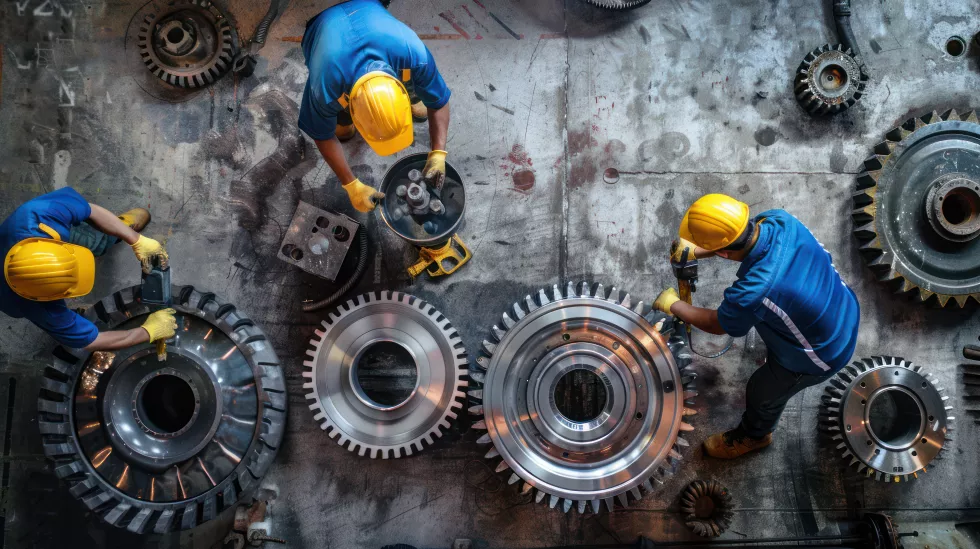Engineering
Engineering is the creative application of science, mathematical methods, and empirical evidence to the innovation, design, construction, operation and maintenance of structures, machines, materials, devices, systems, processes, and organizations. The discipline of engineering encompasses a broad range of more specialized fields of engineering, each with a more specific emphasis on particular areas of applied mathematics, applied science, and types of application. See glossary of engineering.
Mechanical Engineering
Mechanical engineering is the discipline that applies engineering, physics, engineering mathematics, and materials science principles to design, analyze, manufacture, and maintain mechanical systems. It is one of the oldest and broadest of the engineering disciplines.
Engineering
There are two laws discrete,
Not reconciled,—
Law for man, and law for thing;
The last builds town and fleet,
But it runs wild,
And doth the man unking.
Ralph Waldo Emerson, Ode, Inscribed to William H. Channing



